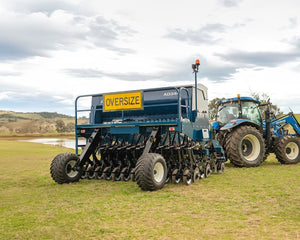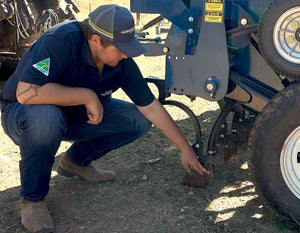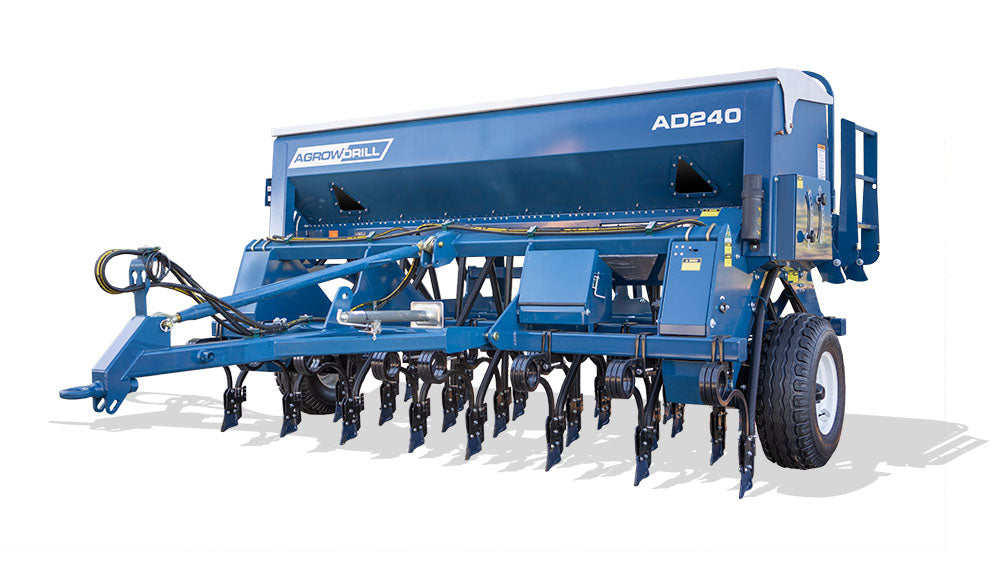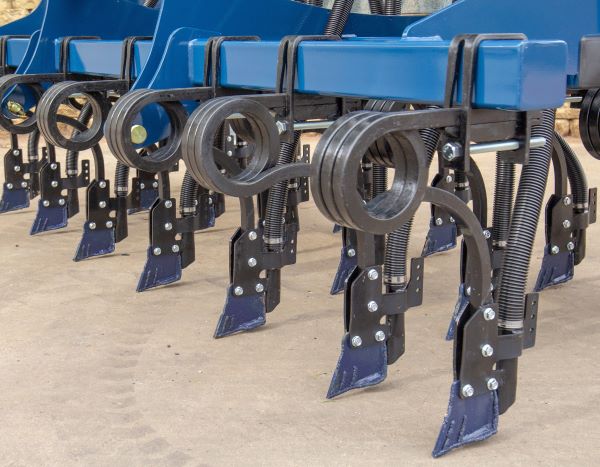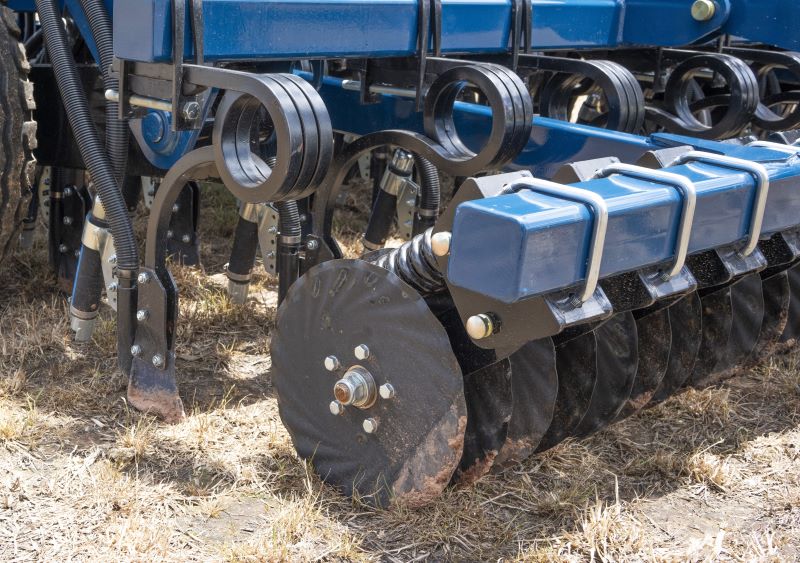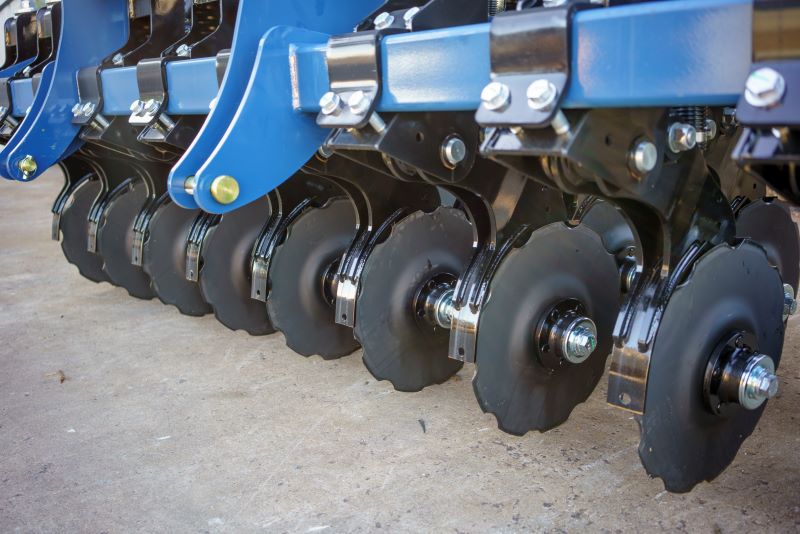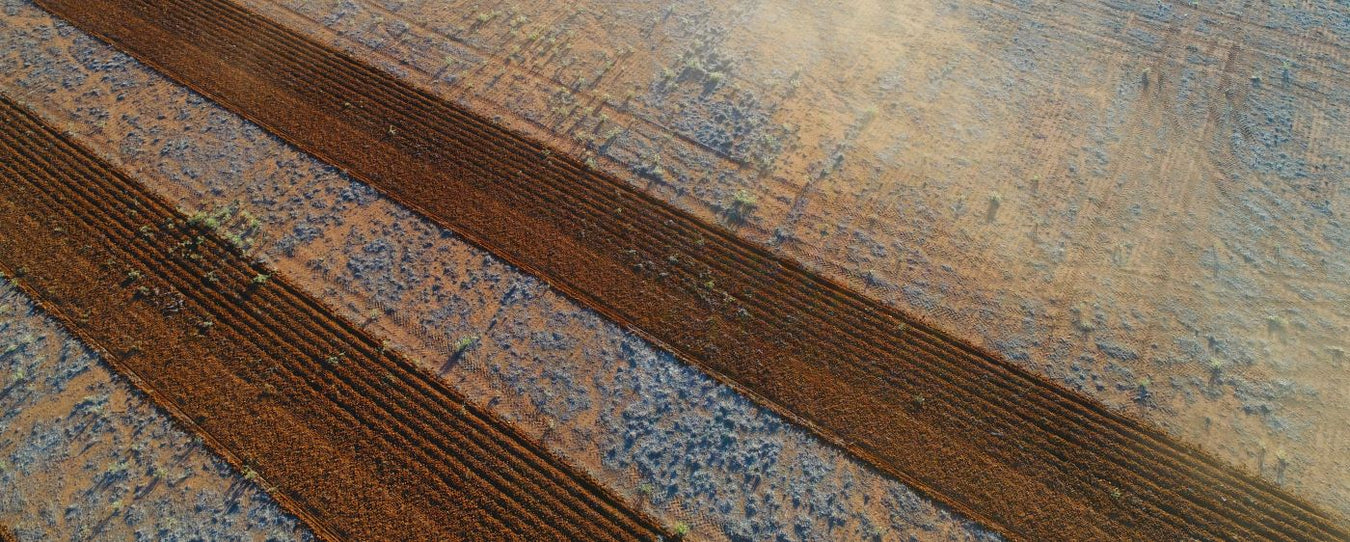Cost Effective:
Seed drills with a tyned undercarriage are generally much cheaper to purchase than disc seeders.
Ease of Maintenance:
Tyned drills are simpler to maintain in the field as there are no moving parts. Regular maintenance tasks, such as changing worn-out points, are straightforward and cost-effective.
Flexibility and Versatility:
Tynes offer greater flexibility and a wider drilling window, allowing farmers to plant crops even in unfavourable conditions. Tyne drills exhibit greater versatility across different soil types, ensuring effective seed placement in varying agricultural landscapes.
Herbicide Compatibility:
Tyne systems permit the use of pre-emergent herbicides like trifluralin, aiding in weed management.
Wet Conditions:
Tynes excel at placing seeds accurately in wet conditions. The soil channels prevent clumping and compaction, whilst their minimal disturbance nature preserves the soil's water absorption capabilities and enhances drainage, allowing excess moisture to escape the seed zone. These conditions are vital for preventing water pooling around seeds, ensuring optimal germination and plant growth.
Reduced Residue:
Tyne drills leave behind a reduced mulch layer, minimizing pest damage and the need for fungicides.
Fertiliser Banding:
Tynes tend to band fertiliser better than disc units, offering an efficient nutrient placement for optimal crop growth.
Less Soil Compaction:
Seed drills with tyne openers exert less pressure on the soil surface, as pulling the tynes forward creates a downward force holding the tines in the soil. Significantly less weight is required to gain and maintain penetration with a tyne opener compared to a disc, minimising soil compaction.
Water Drainage:
Narrow channels created by tine drills facilitate water drainage, reducing the risk of waterlogging and improving soil structure.
Seed Placement Accuracy:
Tyne drills offer superior and precise seed placement, crucial for uniform crop emergence, especially in wet conditions. The narrow tines create well-defined seed furrows, ensuring that each seed is placed at the desired depth with minimal variation.

